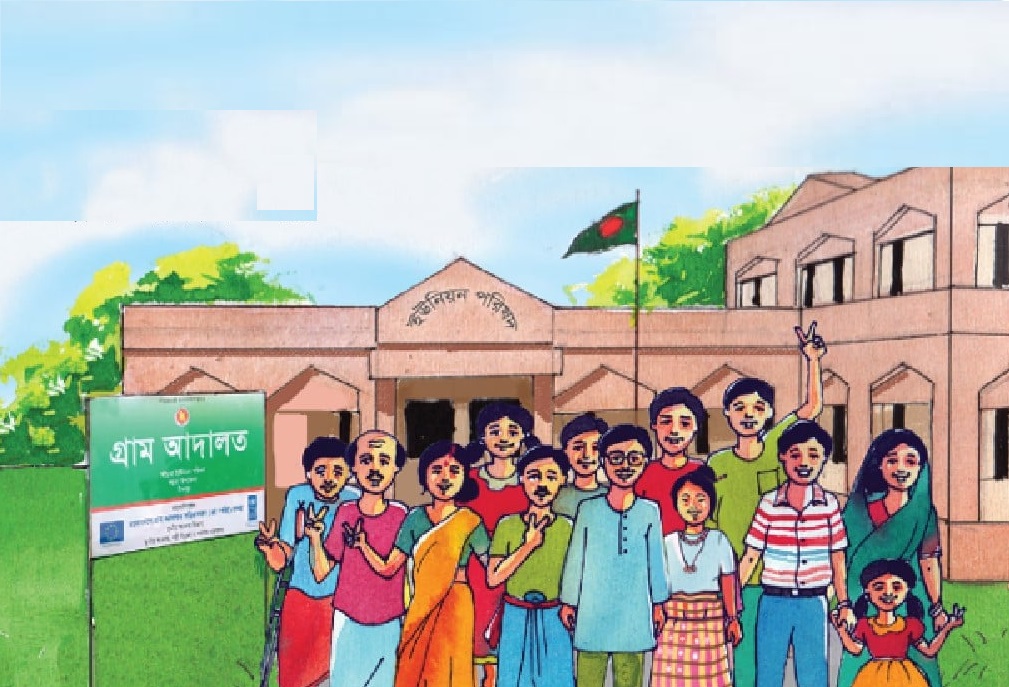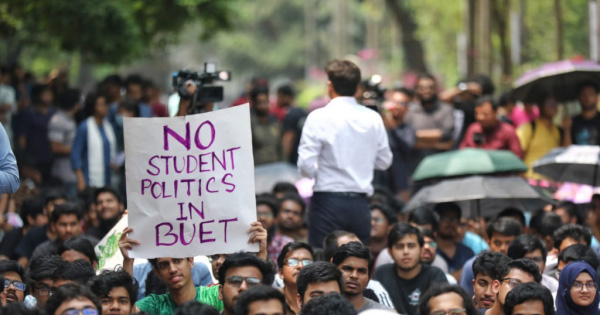As Bangladesh stands on the precipice of a potential food crisis exacerbated by the ongoing pandemic, war, and climate extremes, the country is alarmingly wasting more food than its annual consumption growth. The sheer scale of food wastage—amounting to 1.45 crore tonnes annually—is not just an economic loss; it represents a colossal governance failure that threatens the nation’s food security. This waste is enough to feed 16 crore people for three months, yet it continues unabated, largely due to ineffective government policies and a lack of consistent action.
Despite significant progress in agricultural production, with a 13.36% increase in staple grain output over the past 11 years, Bangladesh is losing a substantial portion of its food at various stages—from the field to the consumer’s table. This loss is especially concerning in a country where the population has grown by 14.66% in the same period, outpacing the increase in food production. The Bangladesh Bureau of Statistics and the United Nations have highlighted that more than 37 lakh tonnes of food are wasted during the journey from field to kitchen every year, with household food waste alone contributing 1.07 crore tonnes. The country’s per capita food waste is alarmingly higher than that of many developed nations, surpassing even the United States and Japan.
The government of Bangladesh has acknowledged the issue and launched several long-term programs aimed at reducing food waste, focusing on post-harvest management, storage, and transportation. However, these initiatives have largely failed to deliver tangible results. A pilot project on post-harvest management showed promise but was not expanded, leaving the country vulnerable to increasing food waste at a time when global food shortages are looming. The inconsistency in government action is evident in the agricultural sector’s systemic inefficiencies. The country continues to rely on outdated harvesting methods, leading to significant post-harvest losses. In 2018, the loss and waste of crops such as paddy, wheat, and potatoes amounted to Tk10,000 crore, with the highest loss recorded for Aush paddy at 8.93%. Despite the introduction of modern agricultural machinery like combined harvesters, their use is limited to paddy and wheat, leaving other crops vulnerable to traditional and inefficient harvesting practices.
One of the most glaring failures of the government is its inability to modernize the agricultural supply chain. According to an Asian Development Bank (ADB) report, local farmers receive less than half of the price of their produce due to inefficient market management, lack of crop diversification, poor transportation, and inadequate storage facilities. These inefficiencies result in the wastage of 35%-40% of produce during transportation and in markets.
In Dhaka’s Karwan Bazar, the largest kitchen market in the city, traders report that the loss of potatoes during transportation can reach up to 12kg per 60-kg sack, while for onions, it can be as high as 15kg per maund. These losses are passed on to consumers, contributing to higher food prices and exacerbating food insecurity.
The government’s failure to improve transportation infrastructure is another significant factor contributing to food wastage. Around 45% of farmers in Bangladesh rely on unpaved and dilapidated roads to transport their produce to local markets, leading to further losses and increased costs.
Bangladesh’s storage and processing facilities are woefully inadequate, contributing significantly to food wastage. The country has 414 private cold storages, 95% of which are used exclusively for storing potatoes, leaving little capacity for other perishable goods such as fruits and fish. Entrepreneurs who attempted to establish cold storages for onions have been forced to shut down due to consecutive financial losses, further highlighting the inadequacy of current storage infrastructure. The government’s own storage facilities are in dire need of modernization. The food directorate’s warehouses, with a total capacity of 18 lakh tonnes, are plagued by issues such as damp conditions and rodent infestations, leading to significant spoilage of stored food. Despite recognizing these problems, the government has failed to complete the construction of eight steel silos intended to address these issues, even after eight years.
The government’s failure to consistently implement and expand successful programs is perhaps the most significant missed opportunity in addressing food wastage. The Sustainable Development Goals (SDGs) by the United Nations call for halving food waste by 2030, and Bangladesh’s 8th Five-Year Plan aligns with these goals by recommending improvements in harvesting, processing, storing, packaging, and transporting crops. However, despite these plans, the entire agricultural supply chain has seen little to no significant change in recent years. The government’s plans to set up an agro-processing zone in Nilphamari, discussed since 2016, remain unrealized, and promising projects like the ADB-funded high-value crop cultivation initiative have been discontinued, despite their success in reducing vegetable waste by 19%.
### Conclusion: The Urgent Need for Action
As Bangladesh faces the dual threats of a looming global food crisis and the ongoing pandemic, the government’s failure to address food wastage is nothing short of catastrophic. The nation cannot afford to continue wasting food on such a massive scale, especially when millions of its citizens are already struggling with food insecurity. The government must take immediate and decisive action to modernize the agricultural sector, improve transportation and storage infrastructure, and implement consistent policies aimed at reducing food wastage. The stakes are too high for inaction—without urgent reform, Bangladesh risks deepening its food insecurity crisis and undermining the well-being of its people.
In a world where food security is becoming increasingly precarious, Bangladesh must rise to the challenge and ensure that its food resources are used efficiently and equitably. The future of the nation depends on it.







